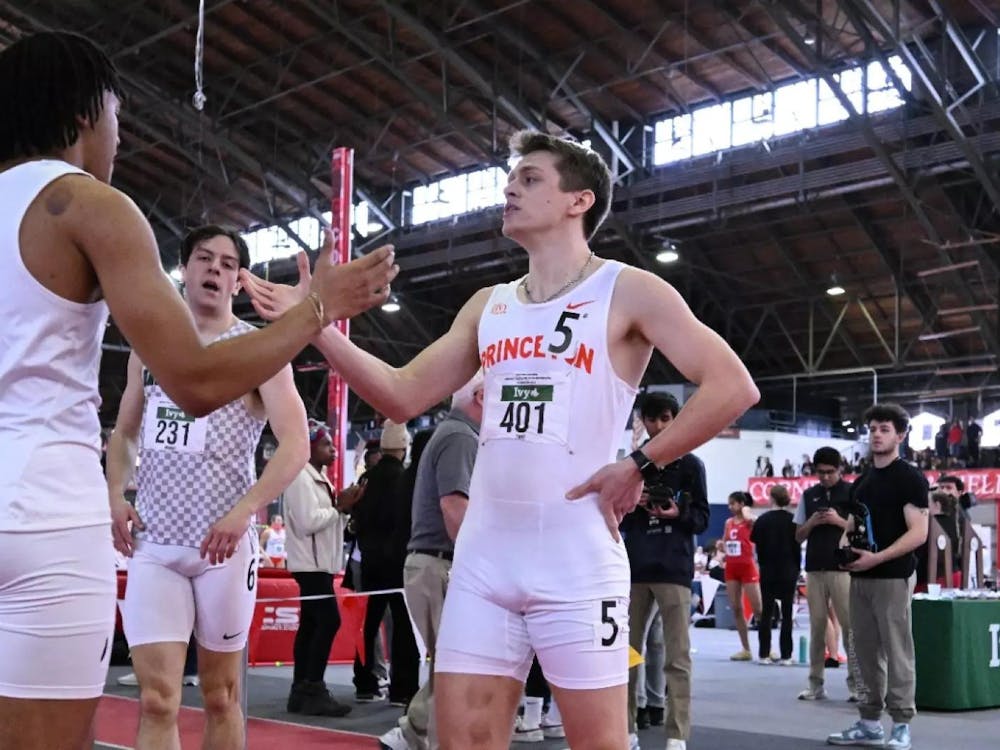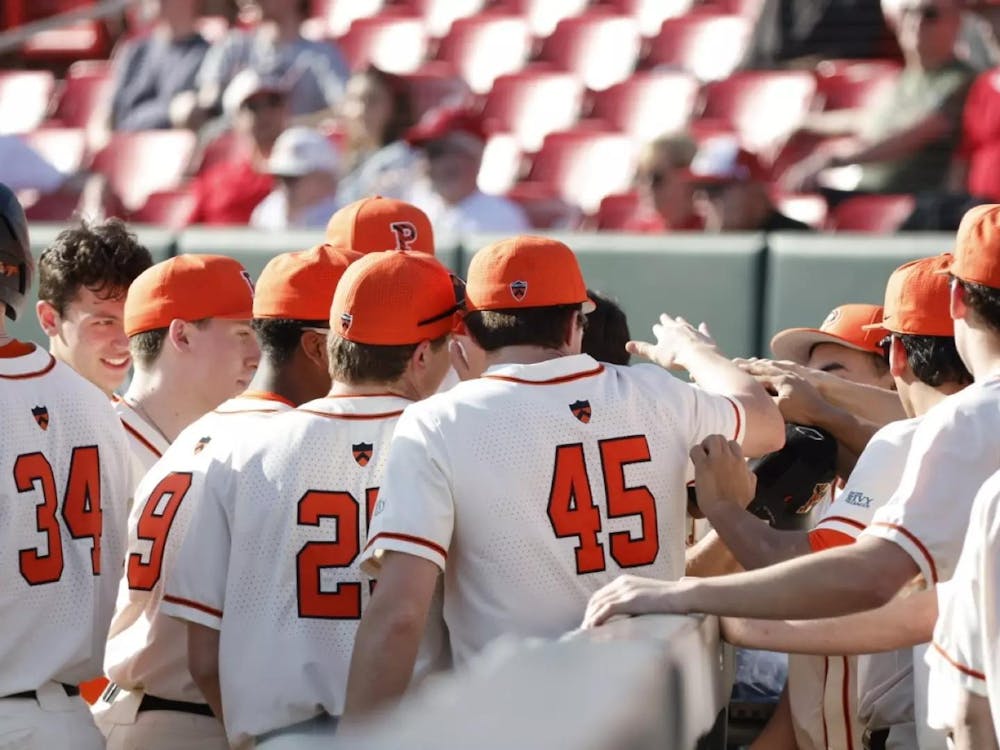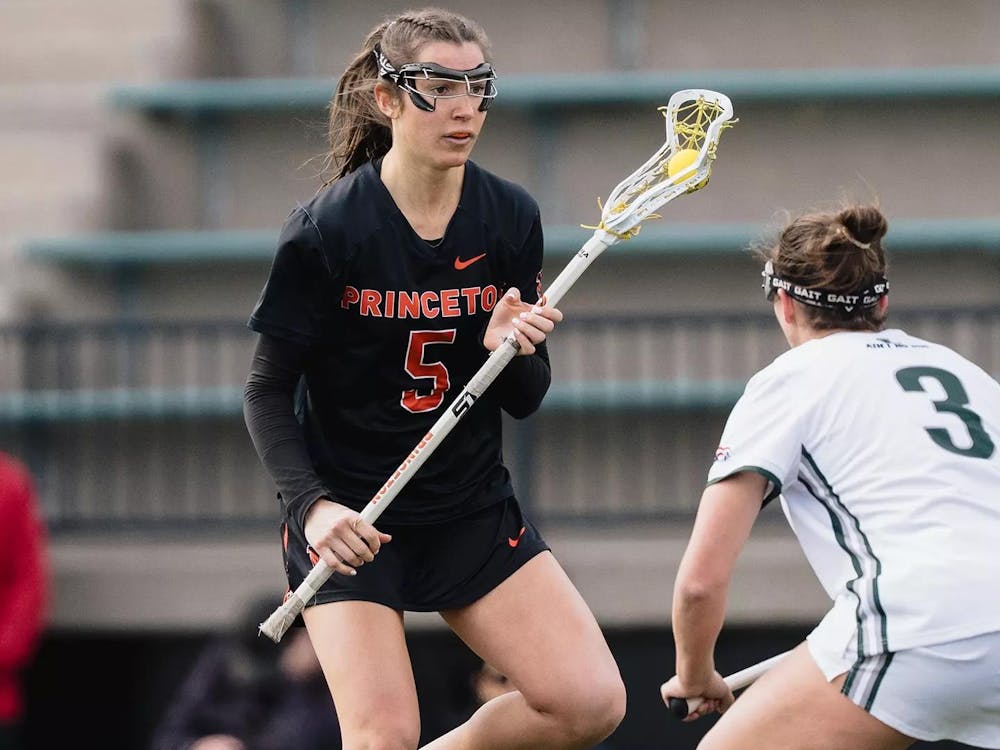For those attuned to matters outside the Orange Bubble, you may have heard about the recent controversy surrounding the National Football League and its handling of the Ray Rice case. The former Baltimore Ravens running back, suspended indefinitely after evidence of domestic assault was brought to the league's attention, could indeed be looking at a reinstatement to the NFL. There have been indications that Rice’s legal team intends to heavily cut down the sentence imposed by commissioner Roger Goodell; indeed, some sources say that Rice could be eligible to play again before this season is over.
It’s hard to gauge how disastrous a PR issue this would be for the NFL, a league that certainly has been no stranger to scandal this past year. The Baltimore Ravens themselves already offered a free jersey swap for any fan who owned a Rice jersey, and it’d hardly be hyperbole to say that Rice won’t get a single ounce of goodwill from NFL fans should his career continue. His criminal actions helped prompt a social media movement, associated with the hashtag #WhyILeft, which encourages victims of domestic violence to share their stories and inspire current victims to break away from their abusers.
The NFL was disastrously slow in punishing Rice for his transgressions and has historically been ineffective in punishing its players for domestic violence. Allowing Rice back among the ranks of NFL players would be another sign that the league holds women’s rights in remarkably low regard.
Despite the wider social implications, Rice’s legal team presses forward, saying that as a first time offender of the NFL’s new (and harsher) domestic violence policy, Rice should still only receive a suspension of six games at maximum. Another issue with the case is that the league had possession of the tapes documenting Rice’s attack on his wife, where he knocked his wife unconscious in a casino elevator. Though it is still disputed whether league officials saw the contents of the video, Rice’s counsel can argue that since the league had all the necessary evidence to make an informed decision, the league’s decision to upgrade the suspension length from two games to indefinite was unwarranted. Indeed, the NFL’s primary motivation to increase the suspension length in the first place was the immense public outcry after said video tapes were released to the public.
Despite my objection to allowing Rice to play in the NFL again, his bringing a case against the NFL illuminates something very important: Can NFL teams be trusted to crack down on players guilty of domestic violence? What particularly horrifies me about this particular case is how exactly the case was handled leading up to the suspension. In February, when Rice was first arrested, the Ravens organization assumed for most of the process that both Rice and his wife (then fiancée) were both at fault for what had happened to her. Goodell, for his part, decided to interview Rice and his wife, Janay, together when trying to investigate the incident —a move that defies common sense, since Janay's aggressor is the one sitting in the room right next to her.
Of course, there is the importance of presumed innocence. I wouldn’t advocate automatically throwing out any player accused of such a crime. I just want to point out that the NFL’s solution to its domestic violence issue doesn’t begin and end with some harsher sanctions on the players. As the reaction within the Ravens organization shows, indications of domestic violence need to be treated with a greater sense of urgency. Support for the victims also needs to come from the locker rooms where a victim of domestic assault isn’t seen as part of the problem.
Goodell’s new sanctions are one step in stamping out this issue. The rest is a greater challenge —changing the culture, both inside and outside the NFL, around how to respond to domestic violence.







